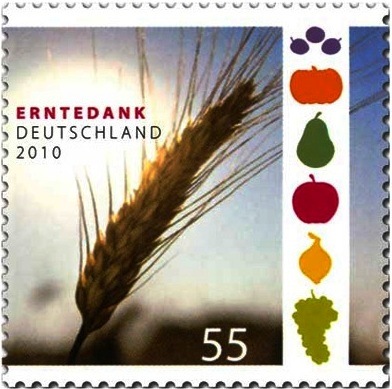During the past 120 years, a large number of natural enemies has been collected and evaluated for use in augmentative biological control programmes. Particularly during the last 30 years many efficient species have been identified and currently at least 230 species are commercially available globally. Today, the commercial biological control industry is well organized, has developed mass production, shipment and release methods as well as adequate guidance for farmers. The industry has intensively collaborated with the public research sector in design of quality control programmes, which are applied during natural enemy production and shipment. The industry also cooperated in preparing environmental risk assessment methods for biological control agents. In several areas of agriculture augmentative biological control has obtained considerable successes and is now a reliable and appreciated element of IPM programmes. Despite all this progress, augmentative biological control is applied on a frustratingly small acreage.
Different reasons explain the slow uptake. The pesticide industry considers biological control as cumbersome and of restricted use, most farmers have become pesticide addicted during the past 60 years, governmental institutions do not enforce or stimulate non-chemical pest control, and many regulations concerning the collection and application of biological control agents delay or even prohibit their use. Recent developments may, however, lead to a promising future for augmentative biological control. In addition to the ever ongoing development of resistance of pests to pesticides resulting in a need for alternative control methods, requirements of residue free food by supermarkets and consumers, prioritizing use of IPM by governmental institutions like the European Union and termination of pesticides subsidies, will all result in better possibilities for biological control. After 60 years of chemical control, we are entering the ecology-based pest management era!
Source:
Joop C. van Lenteren
BioControl DOI 10.1007/s10526-011-9395-1 (attached)
Journal of the International Organization for Biological Control
Laboratory of Entomology, Wageningen University,
P.O. Box 8031, 6700 EH Wageningen, The Netherlands
e-mail: Joop.vanLenteren@wur.nl
Joop C. van Lenteren works since 1970 on behavioural ecology and population dynamics of parasitoids, theoretical and practical aspects of biological control, IPM and sustainable crop production, and anatomy and sensory physiology of parasitoid ovipositors. He is Emeritus Professor of Entomology at Wageningen University in the Netherlands. He has been and is active in various functions in the International Organization for Biological Control since 1974. His current activities include design and testing of pre-release evaluation criteria for natural enemies, development of environmental risk assessment methods, and work on access and benefit sharing in biological control.

- Log in to post comments
